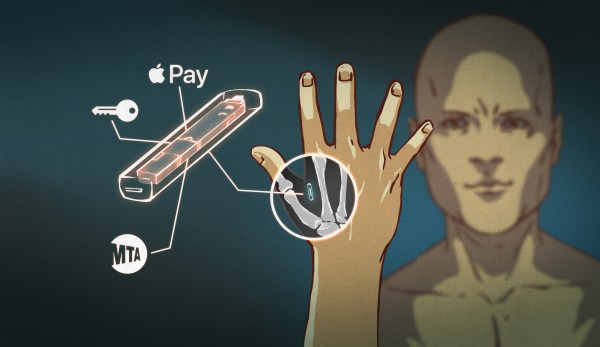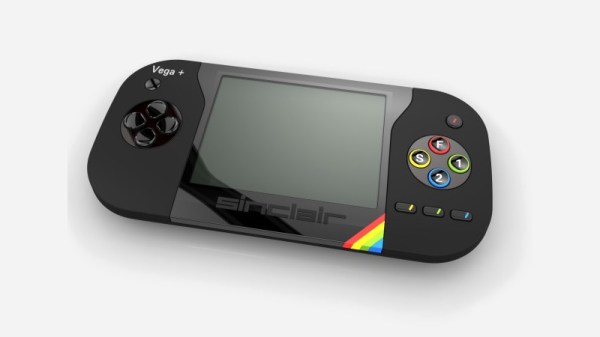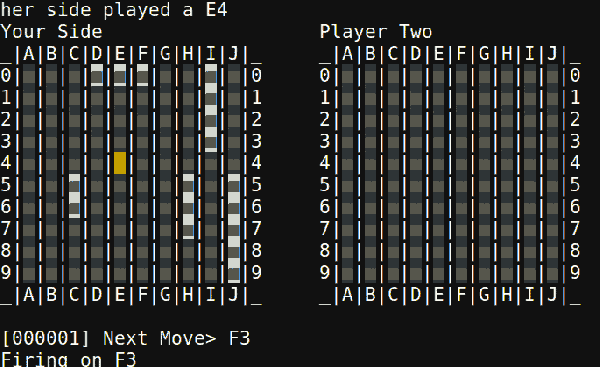Biohacking is the new frontier. In just a few years, millions of people will have implanted RFID chips under the skin between their thumb and index finger. Already, thousands of people in Sweden have chipped themselves to make their daily lives easier. With a tiny electronic implant, Swedish rail passengers can pay their train ticket, and it goes without saying how convenient opening an RFID lock is without having to pull out your wallet.
That said, embedding RFID chips under the skin has been around for decades; my thirteen-year-old cat has had a chip since he was a kitten. Despite being around for a very, very long time, modern-day cyborgs are rare. The fact that only thousands of people are using chips on a train is a newsworthy event. There simply aren’t many people who would find the convenience of opening locks with a wave of a hand worth the effort of getting chipped.
Why hasn’t the most popular example of biohacking caught on? Why aren’t more people getting chipped? Is it because no one wants to be branded with the Mark of the Beast? Are the reasons for a dearth of biohacking more subtle? That’s what we’re here to find out, so we’re asking you: what is the future of implanted electronics?
Continue reading “Ask Hackaday: What Is The Future Of Implanted Electronics?”













